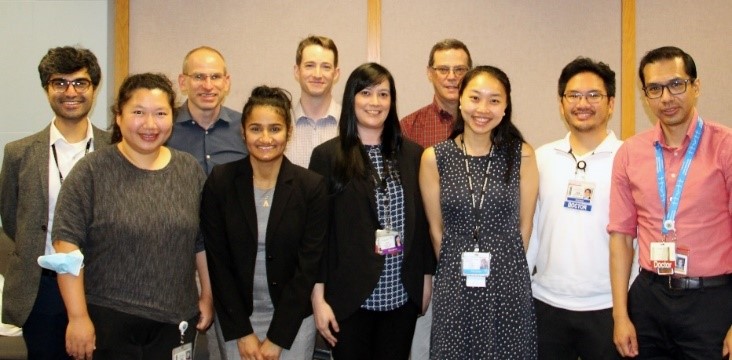Overview of Pathway Curriculum
Pathway Director
Arthur Stach Famly Endowed Professor
Director, Nephrology Clinical Research Education
Director, Kidney Heart Service UWMC-ML
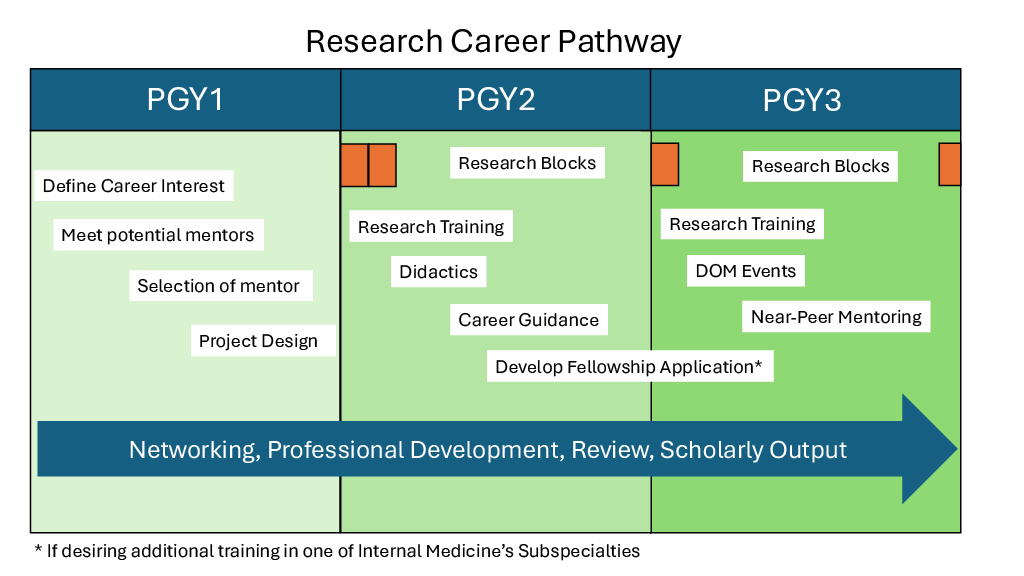
This three-year pathway integrates residents who plan careers as physician-scientists in an environment supported by mentors, sponsors, and departmental commitment in order to:
- Create opportunities to apply and grow scientific thinking
- Sustain commitment to research as a pursuit, profession, and career development pathway
- Increase core skills
- Help participants achieve the next career milestone, which often are subspecialty fellowships that incorporate formal research training
Our Primary Care Track and Categorical Track residents may apply to join the pathway early in their intern year.
Residents planning to follow the ABIM Research Pathway or Global Health Pathway are ineligible.
Pathway Components
| Dedicated time for research | 3.5 guaranteed blocks of research to complete an approved, mentored research project |
|---|---|
| Professional development | Annual professional development activities in areas such as: managing mentor/mentee relations, choosing a lab, setting professional goals, research training pathways, careers beyond academia |
| Core curriculum | Skill building in core areas such as: research ethics, protecting data integrity, study design, scientific communication |
| Works-in-progress | Opportunity for expert and peer feedback on your evolving science |
| Capstone senior elective | An elective that integrates the roles of physician and scientist by focusing on learning how to answer questions that matter |
Additional benefits include being a member of the vibrant community of investigators at University of Washington and building connections to subspecialty divisions that are important for career advancement.
Current Residents
| Grad Class of '27 | Grad Class of '26 | Grad Class of '25 |
|---|---|---|
| Michael Enich, MD, PhD | Yaacoub Chahine, MD | Joshua Bloomstein, MD |
| Candace Haghighi, MD, MPH | Ishani Joshi, MD | Jacob Leary, MD |
| Claire Quinlan, MD | Megan Maurano, MD, PhD | Ila Nimgaonkar, MD, PhD |
| Katherine Warren, MD, PhD | Astrid Strasik, MD | Noga Rogel, MD |
Meet the Newest Members of the Pathway
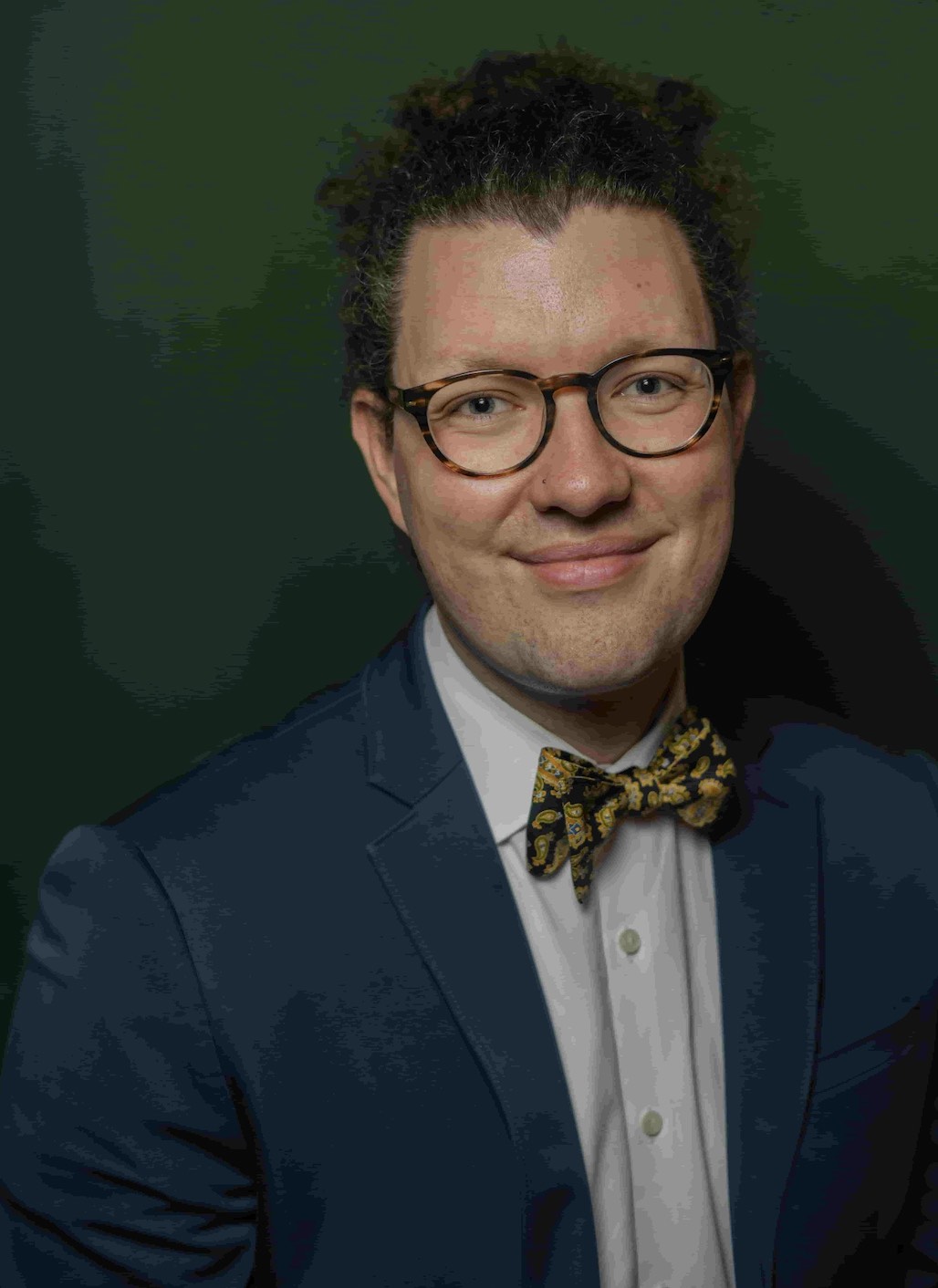
Michael Enich
Dr. Enich worked in community mental health, substance use disorders and youth homelessness prior to his graduate education. Dr. Enich is interested in developing and implementing health services that mitigate substance-use related harms for people experiencing homelessness. As a member of the Primary Care Track, he hopes to have a clinical career providing primary care to unhoused people wherever they are in the community.
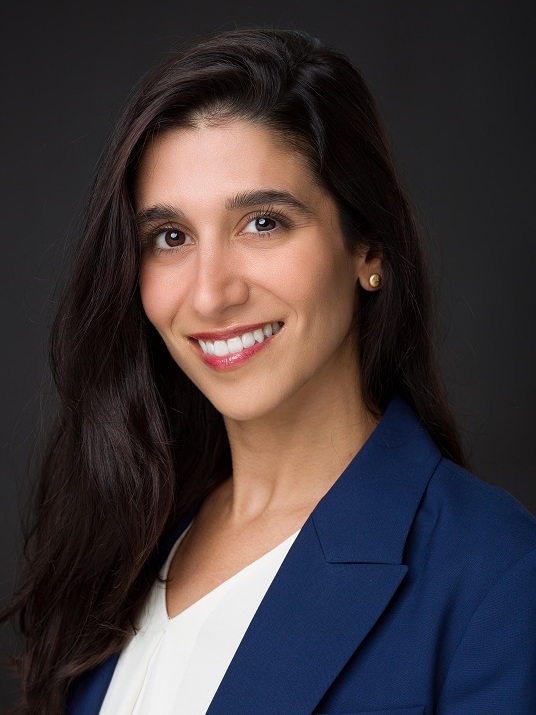
Candace Haghighi
Dr. Haghighi was introduced to research early in her undergraduate education at the University of Washington, where she first explored microRNA biogenesis before shifting her focus to study the role of the airway epithelium in asthma. Dr. Haghighi aims to pursue a research-intensive career at the intersection of oncology, immunology, and public health, with a particular interest in novel immune therapies and cancer vaccines.
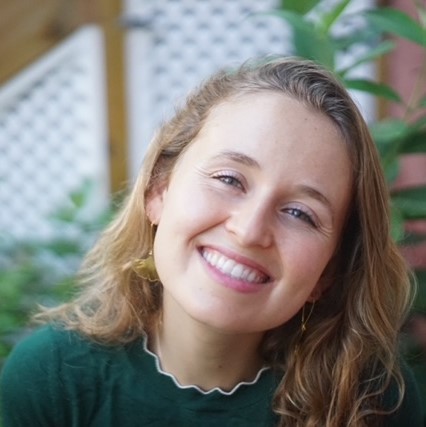
Claire Quinlan
Dr. Quinlan began her research career on ranches in Wyoming, interviewing older adults statewide for a rural qualitative study to justify increased state funding for informal caregivers. Dr. Quinlan plans to build a career in infectious disease and utilize quantitative methods to fill gaps in evidence-based care for patients with chronic infections.
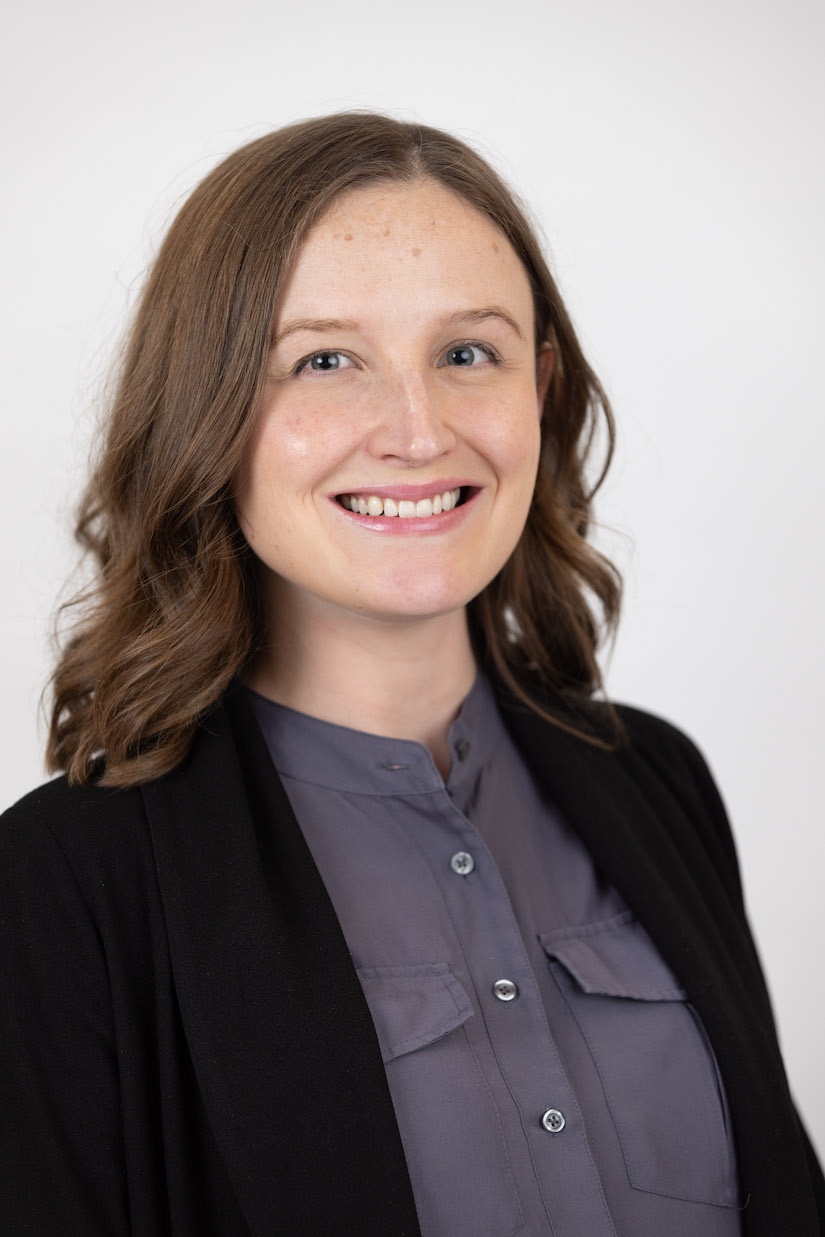
Katherine Warren
Dr. Warren became interested in epidemics as an undergraduate at Harvard College while studying suicide outbreaks in Montana. Dr. Warren plans a research-intensive career at the interface of social science, addiction medicine, and primary care.



